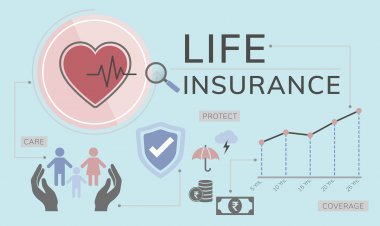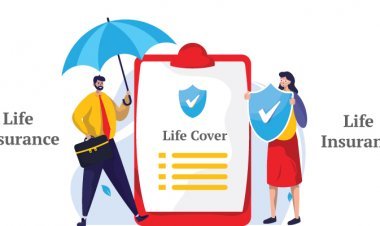5 Easy Ways to Avoid Credit Card Debt
Discover five easy and practical ways to prevent credit card debt and maintain your financial stability. Learn to budget wisely, pay balances in full, limit credit cards, avoid impulse purchases, and use credit responsibly for a debt-free financial future.

Credit cards offer convenience and flexibility, but if not used responsibly, they can lead to a cycle of debt that's hard to break free from. The key to enjoying the benefits of credit cards without falling into debt is to use them wisely. In this blog, we'll explore five easy ways to avoid credit card debt and maintain financial stability.
- Create a Realistic Budget
One of the fundamental steps to avoid credit card debt is creating a realistic budget. Start by tracking your monthly income and expenses. This will give you a clear picture of your financial situation and help you allocate funds for essential expenses, savings, and discretionary spending. Having a budget in place will ensure you don't overspend and rely on your credit card to cover costs.
- Pay Your Balance in Full Each Month
To prevent credit card debt from accumulating, aim to pay your balance in full each month. By doing so, you avoid paying interest on carried-over balances. If you find it challenging to pay the full balance, consider adjusting your spending to match your budget, or explore ways to increase your income.
- Limit the Number of Credit Cards
Having multiple credit cards can be tempting, but it also increases the risk of accumulating debt. Limit the number of credit cards you have to only what you need. Having one or two cards that suit your spending habits and offer favorable terms can help you manage your finances more effectively.
- Avoid Impulse Purchases
Credit cards can make it easy to indulge in impulse purchases, which can quickly add up and lead to debt. Before making a non-essential purchase, take a moment to consider if it's within your budget and if you truly need the item. Delaying non-essential purchases and prioritizing your needs over wants can help you maintain financial discipline.
- Use Credit Wisely
Credit cards can offer valuable benefits like rewards, cashback, and purchase protection. However, using them wisely means being mindful of your credit limit and only making purchases you can pay off in full. Avoid using your credit card for cash advances or to pay for other debts, as this can lead to high-interest charges and a debt cycle that's hard to break.



























